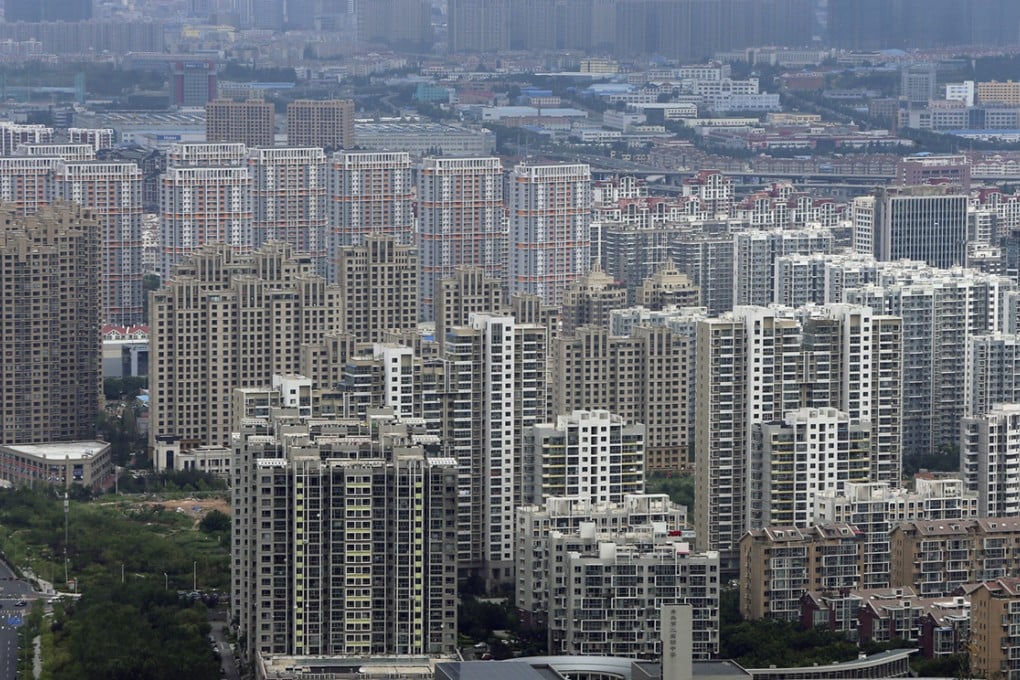Mr. Shangkong | China's property story still goes on despite easing of curbs
Price changes in top cities on the mainland are a better indicator of the health of the market

More than 30 cities on the mainland have lifted home purchase restrictions in the past few months to allow locals and non-locals to buy more than one home.
Analysts are divided on what this means. One camp thinks such an easing policy can help attract capital, while the other view is much more pessimistic, believing the move simply means the market crash will come sooner or later.
It has been interesting to watch analysts at big investment banks predict property prices on the mainland over the past decade. Some have continuously seen a crash almost every year. However, the market is so big that it is not realistic to generalise on the property price outlook.
Indeed, big price falls could happen in some small, third-tier cities like the so-called ghost cities where there is an imbalance between the number of residents and new properties. But if you want to buy a nice apartment in a good location in a top-tier city, you have to be more realistic about how much you can afford.
The mainland needs property developers to support its growth more than they need the government
That is why a nationwide index on average property price changes on the mainland will not make sense because you cannot buy anything based on such an index, given the size of the country.
